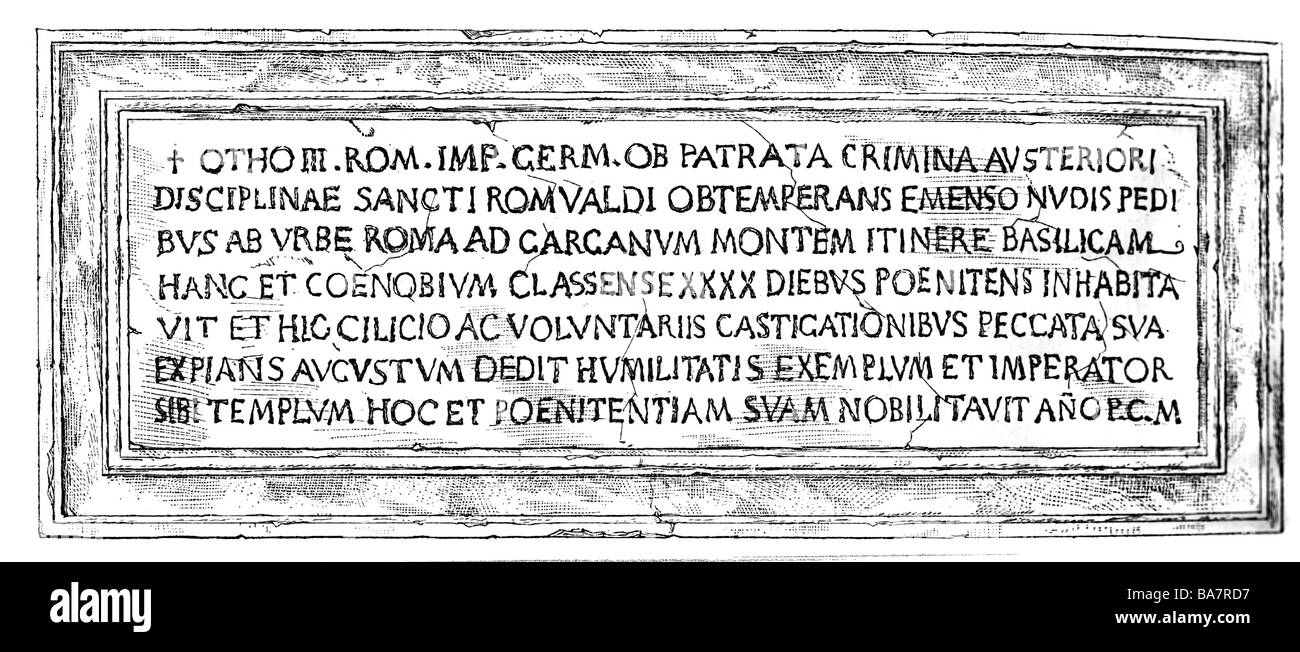By the end of the ninth century, Carolingian power in the German territories had almost disappeared in the face of challenges by ambitious local magnates and threats from Norsemen, Slays, and the Magyars. Their predecessors, the Huns and Avars, had vanished, but the Magyars stayed, forming the nucleus of a Hungarian state. The Hungarian language thus remains the only non-Indo-European tongue in Europe except for Finnish and Basque.
When the last nominal Carolingian ruler, Louis the Child, died in 911, the German magnates elected the duke of Franconia as King Conrad I (r. 911-918). The most important units in Germany were now duchies— Franconia, Saxony, Swabia, and Bavaria—each under an autonomous ruler. Conrad I failed to control either the other dukes or the Magyars, and eventually his strongest enemy, Henry the Fowler, duke of Saxony, succeeded him. Henry’s son, Otto I (936-973), checked the rival dukes and defeated the Magyars at the battle of Lechfeld in 955, ending their threat to western Europe.
Master of his German territories, Otto next sought to revive Charlemagne’s title of Roman Emperor, which had passed from one Carolingian prince to another. After the reign of the great pope Nicholas I (r. 858-867), the papacy had fallen into the hands of rival Roman noble families. Without strong central administration and under attack from Muslims in the south and Magyars in the north, Italy had become anarchic. Yet Rome was an irresistible magnet that attracted all who sought supreme power. Like Charlemagne almost two hundred years before him, Otto went to Italy and had himself crowned emperor by Pope John XII in 962.
Otto then deposed John and installed his own candidate on the papal throne. He forced the Roman aristocracy to promise that imperial consent would hereafter be necessary for papal elections, and he renewed the Donation of Pepin and the subsequent grants of the Carolingians to the papacy. Though the papacy for the next hundred years was hardly more than an instrument manipulated by his successors, Otto’s action eventually ensured the continuity of the papacy as an independent institution; it also tightly linked the political fortunes of Germany and Italy for centuries to come.
In the western Carolingian lands, which we now call France, partitioning, strife, and feebleness led to the fragmentation of both territory and power among several ambitious landowners. As early as 887 one faction of these magnates chose a non-Carolingian, Odo, count of Paris, as king, and civil war between him and the Carolingian claimant added to the chaos. For the next century the families of the two rivals alternated in power. Finally, in 987 the magnates elected as king Hugh Capet (r. to 996), a descendant of the early count of Paris.
Though several of the nobles who chose Hugh were actually more powerful than he was, he founded the Capetian dynasty that lasted almost to our own time.

